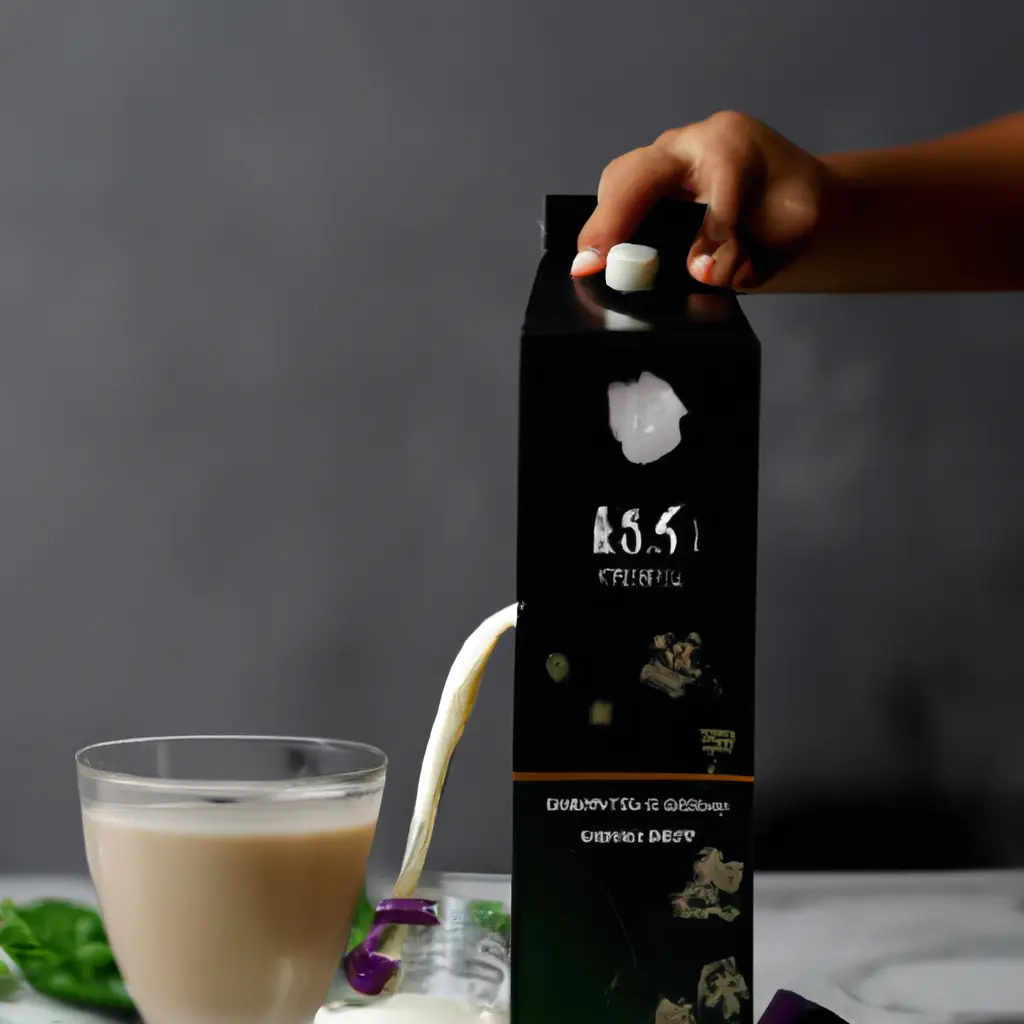This brand of tea is steeped in organic practices


Rishi, founded in 1997 in Milwaukee, Wisconsin, was established with a sustainable approach from the beginning, says company president Jeff Shampo, who has held various positions at Rishi for more than a decade.
"Rishi Tea was founded on the direct trade of teas from uncharted trails," Shampo says.
Rishi began importing tea grown and produced organically long before the official USDA organic certification program was launched. Rishi was one of the first companies to receive this certification in 2022, and since then 95% of the company's products have been organic to this standard. The brand also pays a lot of attention to the creators and makers who give life to these leaves. One of the cornerstones of Rishi's business is long-term partnerships with those who work the land in China, Thailand, Japan and other countries where hard work leads to a better standard of living for farmers and ultimately better tea.
The Rishi range offers a wide variety of teas, including the new Garden Direct. These teas are often taken from the first harvest and from specific, sought-after farms in remote regions. Rishi compares these teas to Grand Cru, as many are bold, specialty and limited edition.
Rishi also produces tea concentrates and sells matcha powders, all of which are sourced under the brand's "direct trade" philosophy. "We do more than just go there once a year," Champo says. "We are very proactive in working hand-in-hand with farmers." Champo cites a special situation where Rishi's founder, Joshua Kaiser, was looking for a new black tea producer that hadn't been as hard hit by the downturn in demand for the product in the early 2010s. Kaiser's journey took him to rural northern Thailand, where he met a local producer representing 200 farming families producing a higher quality, full-leaf tea that is typically only used for "sawdust," the most common in mass-produced tea bags.
13 May 2025
14 May 2025
14 May 2025
"This has resulted in a higher price [for farmers], and a positive outcome for everyone," says Champo.
The price of tea as a raw material varies widely. Rishi's products range from $20 for a 200-gram pir-er leaf cake to $68 for 50 grams of Japanese green tea aged 15 years in cold storage. Tea concentrates cost about $34 for a 32 oz. carton. Rishi also has a line of carbonated tea botanicals, priced at $48 for a 12-pack. Rishi also wholesales its products to restaurants and other foodservice businesses.
In addition to the new London Fog concentrate, the company is focusing on a specific type of mint grown in Greece. It grows naturally in the country's mountain forests, Champo said, and there are a "huge" number of different varieties. Meanwhile, the company raised a new round of funding earlier this year from SBJ Capital, so it looks like there are plans for growth on the horizon.
Comment
Popular Offers

Subscribe to the newsletter from Hatamatata.com!
Subscribe to the newsletter from Hatamatata.com!
I agree to the processing of personal data and confidentiality rules of Hatamatata














